How can we learn from the past to change the future?
The Creative World Forum 2024, held on the 15 to 17 of April, gathers creatives, educators and entrepreneurs to discuss the future of the cultural and creative industry. This year’s CWF was held in Bilbao – a cultural capital of the Basque Country. The conference offered a rich program of speakers and workshops to start discussions on creativity, innovation and entrepreneurship. As Andoni Hidalgo from Climate KIC emphasizes in his inspirational speech; we need to rewire the narrative by changing our mindset. The mindset shift translates into actions of interconnections, habits and sense of belonging. To foster change, we must challenge our sense of belonging – towards better futures that makes us proud to be part of. These words were food for thought throughout the conference as our sense of belonging was put in perspective connecting with the Basque Countries’ beautiful traditions of dance, music, food and craftsmanship. This became a recurring theme throughout the conference, where we were introduced to research on new and old craftsmanship and traditions, posing innovative solutions on how to reframe techniques and traditions into modern society. Going hand in hand with CRAFT-IT4SDs vision of building on our cultural heritage as a catalyst for sustainable regeneration of traditional knowledge and techniques to collaborate and co-learn.
In the heart of the CWF conference lies the presentation delivered by DC Living labs partitioners. This year students of the CRAFT-IT4SD team did not only experience the result of DC Living labs work first hand, but was lucky enough to be invited as part of Challenge 4. The challenge was issued by Elisa Palomino & BIAAF with the objective to explore sustainable solutions for the future of fashion education using virtual tools and local waste resources to create new biomaterials. The work presented at CWF24 was conducted beforehand through a weeklong online bootcamp.
Through peer to peer learnings and practical experiences the fruits of the boot camp was a series of artifacts showcasing the gathered work through a research portfolio, a magazine, a material logbook, a 3D artifact and a prototype app suggesting a global learning platform. Throughout this insightful week the students experienced first hand how far collaborative and cross-disciplinary teams can take a project and encourages the industry to connect deeper.
The global and interdisciplinary team of 8 students – lead by Kaisu Tuominiemi, unfolded the challenge working with different sorts of local waste to create new materials on encouragement from the challenge owner to “get their hands dirty”. This led to a series of biomaterials the group used as a basis for further investigation of the interplay between analog and digital prototyping. Using simple technologies of material scanning it was possible to transfer the materials from being a physical sample to create digital twins, which then to be applied in digital prototyping softwares for garment creation.
The project showcases how the workflow of designers can become more flexible and demand less resources. Using digital tools as a medium to visualize and prototype the designers are able to work together as a global network, contributing with their individual skills either analog or digital. On a speculative level small samples of biomaterial – as created during the boot camp, can be applied onto garments and scaled into actual fabrics digitally. This provides new opportunities for the designer to explore, as the distance between the physical and virtual room are reduced. Overall this makes for an efficient prototyping process with the flexibility to interact globally and at the same time save resources within production and distribution during the sampling and prototyping phase.
The boot camp accumulated in a pitch at the CWF24 peaking into the minds of the next generation and their view on future education within the fashion and textile industry. A key insight from the project was the proposal of lifelong learning through the prototyped multidisciplinary platform and global community WASTE fostering hand-on learning experiences through peer to peer and certified training programs. CRAFT-IT4SD strongly encourage the initiative and emphasize how the next generation of creatives and entrepreneurs are a crucial part of the creative ecosystem.
The presentation transitioned into a debate organized by CWF24 that provided the opportunity to share knowledge and initiate collaborations across borders and industries. The debate centered around rethinking the educational system and the skills needed in the future within the CCI. Ideas were shared around the tables, promoting concepts of intergenerational learning and fluid course structures. The overall objective underlines once again the need for the CCI to extend their collaboration further in order to move towards sustainable and innovative futures within both learning environments and private organizations.
Work credited to: Hugo Martín Sánchez, Sakshitha Ashok, Nina Courtney, Chloe Kiernicki, Amalie Ege, Sumit Bunthanon, Jon Sierra & Jannie Sloth Hansen
